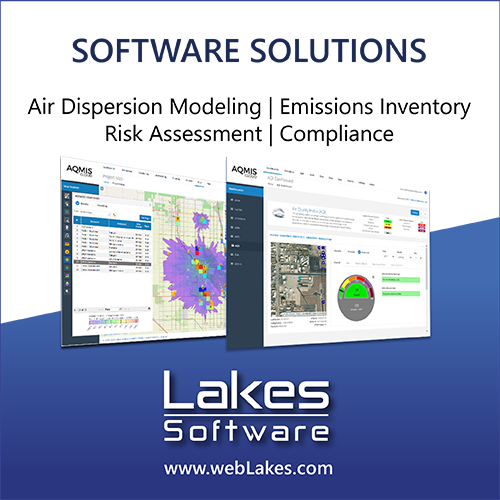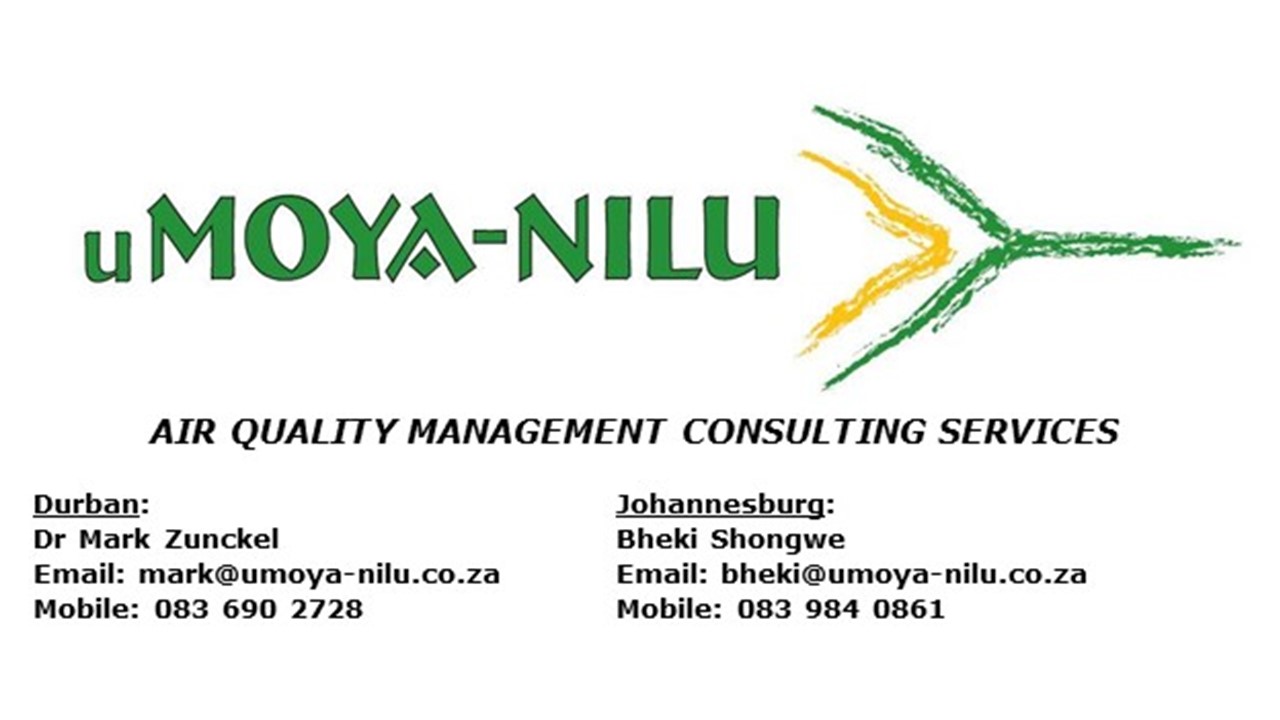A critical reflection on air quality monitoring in Ethiopia: Challenges, Progress, and the Way Forward
DOI:
https://doi.org/10.17159/caj/2024/34/2.20437Keywords:
Air Quality Monitoring , Air Pollution, Regulatory Frameworks, Sustainable DevelopmentAbstract
Air quality monitoring is crucial for safeguarding public health, especially in rapidly urbanizing regions. In Ethiopia, rapid economic and population growth have intensified air pollution levels, with serious implications for health, particularly among vulnerable populations. Seasonal climatic variations further impact ambient air quality, compounding the challenges of pollution management. However, Ethiopia's air quality monitoring infrastructure remains underdeveloped, hindered by limited monitoring stations, outdated equipment, a shortage of technical expertise, and insufficient public access to real-time data. Regulatory frameworks are also limited, with weak enforcement and overdue national air quality standards. This commentary critically assesses the current state of air quality monitoring in Ethiopia, highlighting key challenges and identifying opportunities for improvement through international partnerships, enhanced monitoring technologies, and greater public transparency. Recommendations include expanding monitoring networks to rural areas, implementing robust maintenance schedules, publishing air quality data on accessible platforms, and promoting public awareness initiatives. Strengthening these systems is essential for public health protection and sustainable development in Ethiopia.
Downloads
Downloads
Published
Issue
Section
License
Copyright (c) 2024 Tofikk Redi

This work is licensed under a Creative Commons Attribution 4.0 International License.

All articles are published under a Creative Commons Attribution 4.0 International License; copyright is retained by the authors. Readers are welcome to reproduce, share and adapt the content without permission provided the source is attributed.








.png)